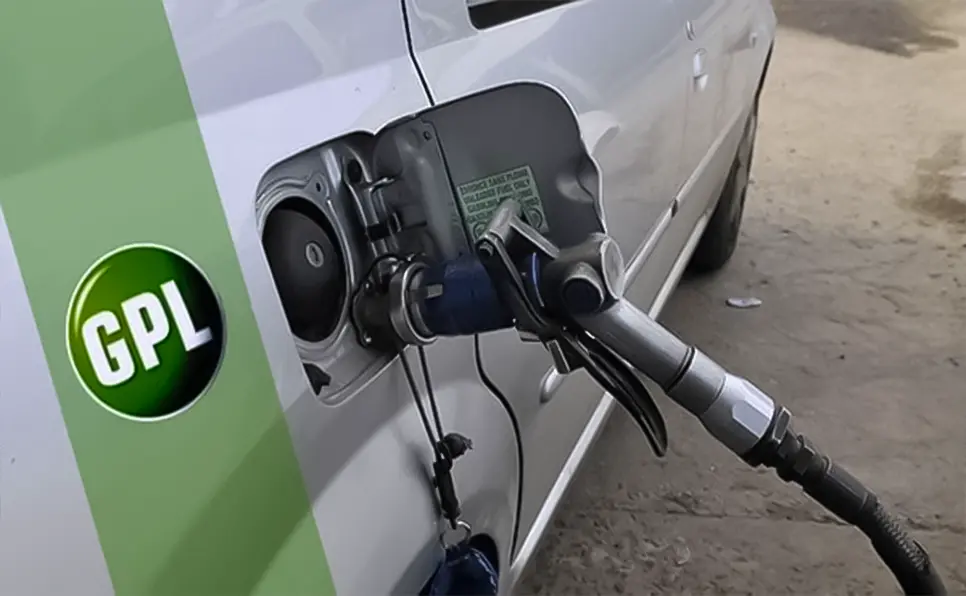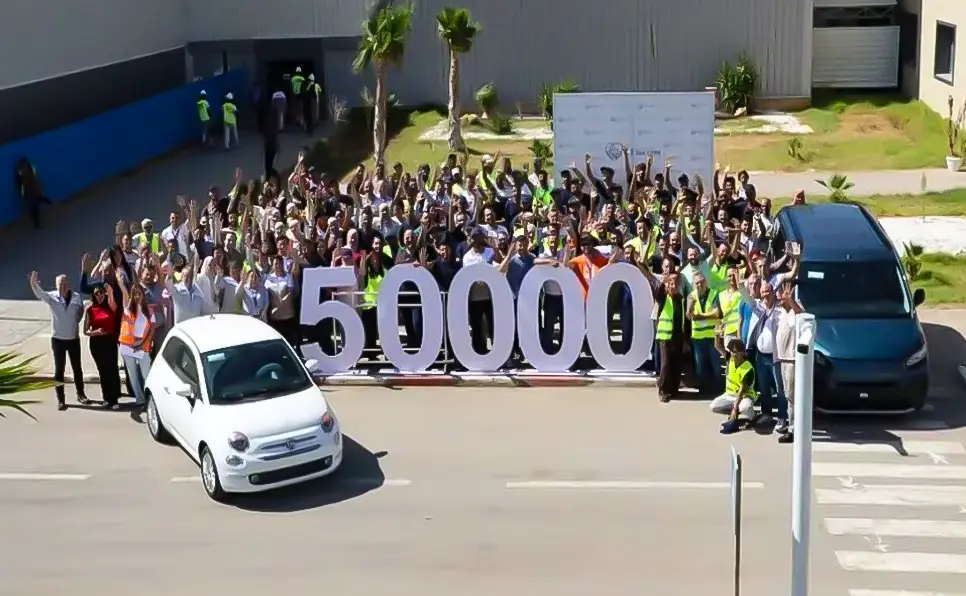
East Quality announced in an official statement the launch of a major industrial project, the construction of a factory for the production of heavy-duty truck tires. The project will be built in the Ouled Kacem industrial zone in the municipality of Ain M’lila, Oum El Bouaghi province, with an estimated investment of $170 million.
The project will be completed in two phases. The first phase will span 18 months and will produce one million tires annually. The second phase, which will be completed within 32 months, will increase production capacity to 3 million tires annually.
The statement confirmed that this project will contribute to the creation of more than 2,000 direct jobs and 2,500 indirect jobs, providing a strong economic boost to the region and strengthening Ain M’lila’s position as a national hub for the manufacture of spare parts and auto accessories.
East Quality also stated that it has already begun signing several partnership contracts with truck manufacturers in Algeria, in addition to advanced negotiations to export tires to African markets, reflecting the export and strategic nature of the project.
The statement added that the factory aims to achieve a high rate of local integration by concluding agreements with local raw material suppliers. It will also be equipped with the latest industrial technologies, including robotic production lines based on artificial intelligence, in cooperation with major international specialized companies.
The statement also indicated that the project received “great support from local authorities, who provided all necessary facilities to ensure its launch under appropriate conditions,” which falls within the Algerian government’s strategy to develop the mechanical industry and strengthen the national industrial fabric.
Algeria is suffering from a severe spare parts crisis, as the local market is witnessing a significant decrease in the number of rubber tires, especially those for trucks, buses, and motorcycles. The Iris factory produces several types of rubber tires, but they do not meet the needs of the local market.
A few days ago, another project was announced to establish a rubber tire factory in the west of the country with a production capacity of up to 7 million tires annually. It appears that the government does not want to solve the current crisis through imports, but rather by supporting local investment. However, this decision does not seem sound, especially given the significant rise in tire prices and the lack of many types, which has clearly contributed to the increase in the number of traffic accidents.









